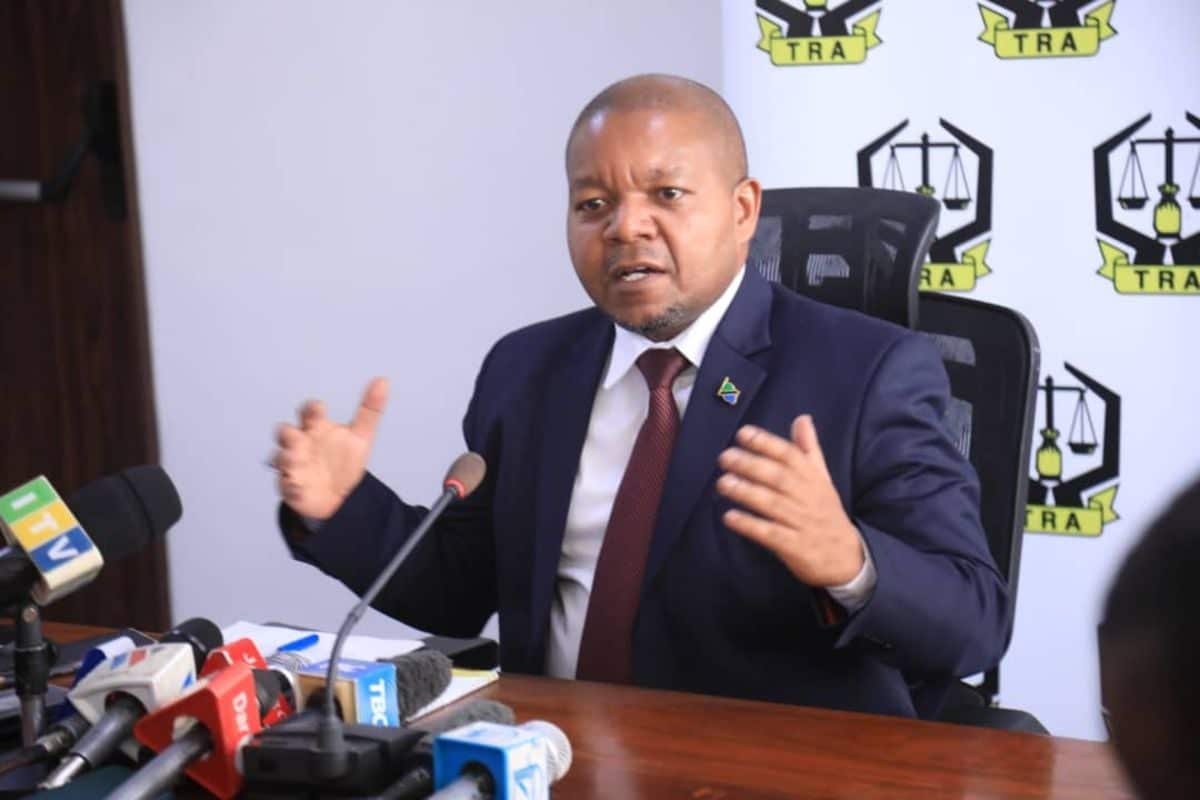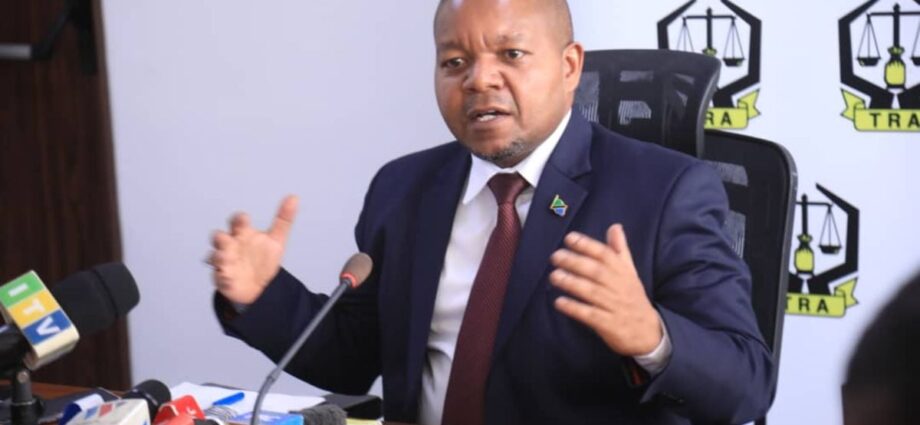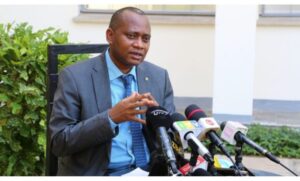
One of the biggest tasks facing Tanzania’s recently launched Tax Reforms Commission will be to resolve complaints about weaknesses and malpractices in tax administration that came to a head about four months ago, when domestic and foreign investors confronted the government demanding action.
The nine-member team has only just got down to business after being officially flagged off on October 4, long after President Samia Suluhu Hassan appointed it on July 31, and as a result it may find its work more difficult due to recent developments.
Several key government officials involved in talks with local traders over constant clashes with the taxman, and who the investors through diplomats in Tanzania had asked specifically to be present at the roundtable have since been replaced by newcomers who are still settling in.
The commission’s mandate covers a review of the country’s entire taxation regime and conducting fresh assessments of disparities in rates imposed by the Tanzania Revenue Authority (TRA) on taxpayers at all levels, fines for non-compliance, and matters of transparency in relation to TRA’s collection system.
The overall aim is to strike a balance between the interests of taxpayers and tax collectors in compliance with existing laws while maintaining the business and investor-friendly environment that the Samia administration has painstakingly strived to rebuild after a period of tight shackling under her predecessor John Magufuli.
Former State House chief secretary Ombeni Sefue will lead the task force, which also includes former central bank governor Prof Florens Luoga, former chief government auditor Prof Mussa Assad, and former TRA commissioner-general Rished Bade.
Other members, drawn from the private sector, are Leonard Mususa, Aboubakar Mohamed, Mwanaidi Sinare Maajar, David Tarimo and Maimuna Kibenga.
No deadline has been announced for the team to conclude its assignment and submit a report.
The commission’s formation is the result of rising discontent over questionable taxation practices that bubbled over mid-June, when traders at Kariakoo in Dar es Salaam and other major urban markets went on strike for several days, protesting harassment by TRA compliance inspectors caused by the perceived lack of transparency.
The go-slow happened at a particularly bad time for the ruling establishment, with elections around the corner, and prompted government to temporarily defuse tensions through a series of persuasive talks with traders’ representatives in the administrative capital Dodoma.
Around the same time, on June 26, ambassadors and high commissioners from 10 countries based in Tanzania wrote to the then Foreign Affairs minister January Makamba requesting a formal meeting with relevant high-level government officials to address similar investor grievances over TRA’s conduct.
The envoys’ letter cited, among other things, “unevidenced” tax notices demanding payments and account reconciliations dating back 15 years, extraordinary tax bills not supported by law, and TRA’s rejection of tax concession agreements with the Tanzania Investment Centre — another state agency — on the grounds that they had not been gazetted.
The envoys who signed the petition were from the United States, Canada, Britain, Ireland, Germany, France, Belgium, the Netherlands, Sweden and South Korea.
They quoted investors’ claims that TRA agents were threatening them directly with actions such as “freezing or seizure of their assets and bank accounts without notification nor timely legal recourse” if they protested or appealed.
Among officials whose attendance they said would be key were the TRA commissioner-general and the minister of industries and trade, posts then held by Alphayo Kidata and Ashatu Kijaji respectively.
Mr Makamba wrote back immediately, pledging to convene the roundtable to address the concerns raised. But shortly after, he, Mr Kidata and Dr Kijaji were removed from their positions, leading to speculation in some quarters that one of the underlying objectives may have been to officially scuttle the meeting before it was held.
The new seat officials, Mahmoud Thabit Kombo (Foreign minister), Yusuph Mwenda (TRA boss) and Selemani Jafo (Industries and Trade minister), are still not settled in their new roles.
The Sefue commission will also be working against the backdrop of new quarterly record figures announced by TRA last week, which indicate that the agency beat its tax collection target for July to September, with Tsh7.79 trillion ($2.88 billion).
In TRA’s statement published on October 1, Mr Mwenda said the new numbers had surpassed annual Q1 revenue collection targets for the first time ever and asserted that they were “partly due to improved tax compliance and effective tax administration.”
TRA has been given a total collection target of Tsh29.41 trillion ($11.31 billion) in the 2024/2025 budget as the country aims to cover 67.4 percent of its Tsh49.35 trillion ($18.98 billion) expenditure plan through domestic financing.
Large taxpayers, including multinational investors, account for between 60- 70 percent of total expected collections.














